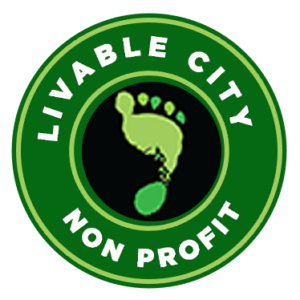2014 brings with it a packed ballot, both on matters of state and local importance. There are several important measures on the ballot this year that touch upon housing, transit, health, and a living wage. On Tuesday, voters will cast ballots on three key transportation-related measures. These measures can either help fund necessary infrastructure and transit improvements, or reverse our progress as a city that favors sustainable transit and help create more parking lots. For the November 4, 2014 election, Livable City recommends:
San Francisco
Yes on A – Transportation and Road Improvement Bond
Yes on B – Adjusting Transportation Funding for Population Growth
Yes on E – Soda Tax
Yes on F – Pier 70
Yes on G – Anti-speculation tax
Yes on J – Minimum Wage Increase
Yes on K – Affordable housing policy statement
No on L – Transportation priorities policy statement
Alameda County
Yes on Measure BB – Sales tax for transportation
San Francisco Measures
Yes on A – Transportation and Road Improvement Bond
This $500,000,000 general obligation bond was placed on the ballot by the Mayor and the Supervisors. It requires a two-thirds majority to pass. The bond proceeds will fund cost-effective projects that improve reliability, speed, safety, and accessibility of Muni’s bus and rail lines. The bond will also fund projects for safer walking and cycling, and improvements to Muni stops and Muni maintenance facilities. These projects will help increase the share of trips on foot, on bike, and on transit, get San Francisco closer to our Vision Zero commitment to eliminating traffic fatality, and make the city more accessible for seniors and people with disabilities.
Link to the bond text [PDF]
Yes on B – Adjusting Transportation Funding for Population Growth
This Charter Amendment amends the existing SFMTA funding formula in the SF Charter so that, starting July 1 2015, it increases with increases in San Francisco’s day-time or night-time population. The first year’s increase is also retroactive for the past decade. The increased funding for Muni and streets will be $22 million in the first year (FY 15/16), and, should San Francisco’s population continues to grow at the current rate, about $2 million/year for the years following. 75% of the new funding would be for Muni operations and maintenance, and 25% for street safety projects.
As San Francisco adds jobs and residents, it’s essential that Muni increase service to keep pace. Some critics of Measure B argue that the funding for Muni will come at the expense of social services. Muni is an essential social service – transit and paratransit provide essential mobility for San Franciscans, including youth, seniors, people with disabilities, and low-income San Franciscans. Robust transit service provides other economic, health, and environmental benefits – reducing congestion and pollution, and health and emergency services costs. In San Francisco’s $8.2 billion city budget, we can find $22 million to expand transit service.
Link to the measure text: [PDF]
Yes on E – Soda Tax
This ordinance will place a tax of 2¢ per fluid ounce on sugar-sweetened beverages, defined as non-alcoholic beverages that have one or more added caloric sweeteners and more that 25 calories per 12 fluid ounces, and excluding milk, milk alternatives (aka soy or almond milk), natural fruit and vegetable juices, infant formula, medical food, and nutritionally-balanced meal replacements.
All funds collected by the new tax would go into a new Active Recreation, Nutrition, and Public Health Fund. The Fund would be disbursed to health, nutrition, and prevention programs: student nutrition and physical education (40%); heathy food access, drinking fountains, oral health, chronic disease prevention and public education programs (25%), recreation programs, organized sports, athletic programming, and grants to community-based organizations for active recreation programs serving low-income and underserved communities; and community-based organization programs that support healthy food access, active recreation, oral health, chronic disease prevention, and public education. The fund will have an appointed Oversight Committee of 15 members, with members having specific expertise.
The negative health effects of sugary beverages are well-documented. Proceeds from this tax will fund programs that directly mitigate the negative health consequences of sugar-sweetened beverages, and encourage San Franciscans to eat healthier by and expanding access to heathy food and beverages, and discouraging consumption of unhealthy ones.
Link to the measure text: [PDF]
Yes on F – Pier 70
Pier 70 is not actually a pier, but rather a collection of historic industrial buildings and piers on the Bay shore, east of Illinois Street and north of 22nd Street. Pier 70 has been the subject of years-long public planning process, which envisions a mixed-use neighborhood that includes housing, offices, and space for industry and artisans, new public parks and shoreline access, and the preservation of Pier 70’s fine historic buildings. Several Pier 70 projects will soon be under construction, including a new waterfront park at Crane Cove, and Orton Company’s historic rehabilitation of Pier 70’s historic core on 20th Street.
Since voters approved Proposition B in June, all height limit increases in Port Jurisdiction must go before the voters. Forest City Development, the developer chosen to plan and build on the was awarded the southern portion of the site, authored Measure F. It would raise permitted heights on a portion of Pier 70, which is in Port jurisdiction, from the current 40 feet to 90 feet, provided that a project on the site comply with various policies contained in Prop. F:
* 9 acres of waterfront parks and playgrounds,
* 30% of units affordable to low- and moderate-income households,
* between 1000 and 2000 housing units, mostly rental,
* restoration of historic structures essential to the Union Iron Works Historic District,
* substantial new and renovated space for arts, culture, small-scale manufacturing, local retail, and neighborhood services,
* between 1,000,000 and 2,000,000 square feet of new commercial and office space, in addition to that in reused historic buildings,
* accessory parking consistent with an “innovative transportation demand management program that enhances mobility in the district and neighborhood.”
The development standards mandated by Measure F are consistent with the Pier 70 Master Plan and appropriate to public trust lands, and provides and broad set of public benefits – affordable housing, parks, preservation, arts space, etc. Prop F does not circumvent the public planning process or environmental review.
Link to the measure text: [PDF]
Yes on G – Additional Transfer Tax on Residential Property Sold Within 5 Years of Purchase
A housing strategy that is equitable and sustainable makes room for new residents without displacing existing residents. In the past year, Livable City has helped make some long-overdue changes to city law that will help preserve existing housing and protect tenants, including providing a path to legalization for tens of thousands of in-law units, and discouraging the demolition, conversion, and merging of rental apartments. However, the loss of rental units and displacement of tenants for real estate speculation has grown, and efforts to contain it at the state level were unsuccessful. This speculation on apartment buildings, evicting and flipping units, is one of the factors at the heart of San Francisco’s current housing crisis, driving up rents and sales prices. Proposition G aims to discourage this behavior, by imposing a purposely stiff graduated transfer tax on all sales of multi-family apartment buildings, starting at 24% of the sales price for resales within the first year, and stepping down to zero at year five. It is narrowly crafted to stop the evictions due to rental building flipping, so it does not apply to single-family homes, condominiums, owner-occupied buildings, or even to in-law units – only to the two-to-thirty unit buildings that are not owner-occupied, where these evictions are prevalent. Proposition G is essential to saving the diversity of our neighborhoods and preventing the displacement of our fellow San Franciscans.
Link to the measure text: [PDF]
Yes on J – Minimum wage increase
Keeping San Francisco affordable for all residents is one of the biggest challenges we face. We need to make housing and sustainable transportation more affordable. Increasing wages for the lowest-paid employees helps make the city more equitable and affordable. Proposition J would increase San Francisco’s minimum wage in four yearly steps from its current $10.74/hour to $15/hour by 2018, and it would increase with inflation from 2019 on. The City’s Office of Economic analysis estimates that 11% of San Francisco’s workforce, or about 60,000 people, earn the minimum wage. San Francisco’s minimum wage workers are mostly in food preparation, food service, and personal service occupations.
San Francisco first established a higher municipal minimum wage in 2004, so we have a decade’s experience with it. The Office of Economic Analysis’ economic impact report on the minimum wage increase found that “The data is fairly conclusive that there was little to no negative employment effect associated with the introduction of the City’s minimum wage in 2004.” The industries with the largest concentrations of minimum wage workers – restaurants and bars, retail trade, manufacturing, and personal services, maintenance services, and repair services – increased employment in the last decade, despite the recession. Wages aren’t the only factor that can affect a local businesses’ ability to thrive in San Francisco. We have championed various measures to make industries like manufacturing,repair services, neighborhood-serving bars and restaurants, and food production viable, like removing outdated land use restrictions on “accessory uses” – allowing more production and distribution with retail businesses, permitting manufacturing businesses to have factory stores, and facilitating true live-work arrangements for artists, artisans and one-person businesses. With a higher minimum wage and measures like these, we can maintain a local economy that is both diverse and equitable.
Link to the measure text: [PDF]
Yes on K – Affordable housing policy statement
If we are to make San Francisco affordable again, we need to build more units, and make a much larger proportion of those units affordable to low and moderate-income households. Proposition K is a policy statement, placed on the ballot by the Mayor and Supervisors, that calls for 30,000 new housing units to be built, with at least 33% of new units affordable up to the median income. These are worthwhile goals, and will get us part of the way to where we need to go. Statements of policy like this one don’t change laws, so success will depend on implementing measures like those in our Action Plan for Housing, but Prop K’s goals will give further focus to the City’s current efforts to increase housing affordability.
Link to the measure text: [PDF]
No on L – Policy Regarding Transportation priorities
Proposition L is another statement of policy, aimed at rolling back San Francisco’s efforts to calm traffic in neighborhoods, establish transit-priority on Muni’s busiest routes, improve pedestrian and bicycle safety, and manage on-street parking effectively. Funded by the Republican Party and tech billionaire Sean Parker, Proposition L hopes to establish the movement of private autos as San Francisco’s overarching transportation priority, with all others as secondary. Prop L’s policies are physically, environmentally, fiscally, and socially untenable, but its passage could embolden opponents of San Francisco’s often tentative efforts to improve transit, reduce traffic congestion, manage neighborhood parking, and improve pedestrian and bicycle safety. The result? More gridlock, more parking lots, and a more dangerous, less healthy, less sustainable, less affordable, and less livable San Francisco.
Link to the measure text: [PDF]
Alameda County measures
Yes on BB – Alameda County Transportation Sales Tax
Alameda County’s Measure BB would renew its current half-cent sales tax for transportation. The measure includes a very progressive package of transportation programs and improvements, including support for AC Transit service, pedestrian and bicycle improvements, local streets and roads funding tied to complete streets standards, investments in paratransit and accessibility, BART core system maintenance and capacity, and building walkable mixed-use neighborhoods around transit stations. Measure BB will greatly improve livability, mobility, and sustainability in Alameda County, and sets the bar for transportation sales tax measures in the Bay Area.
Link to measure text: [PDF]
Be sure to vote on Tuesday!
[one_fourth] [/one_fourth]
[/one_fourth]
[one_fourth]

[/one_fourth]
[one_fourth]

[/one_fourth]
[one_fourth_last]

[/one_fourth_last]
[one_fourth]

[/one_fourth]
[one_fourth]

[/one_fourth]
[one_fourth]

[/one_fourth]
[one_fourth_last]

[/one_fourth_last]




